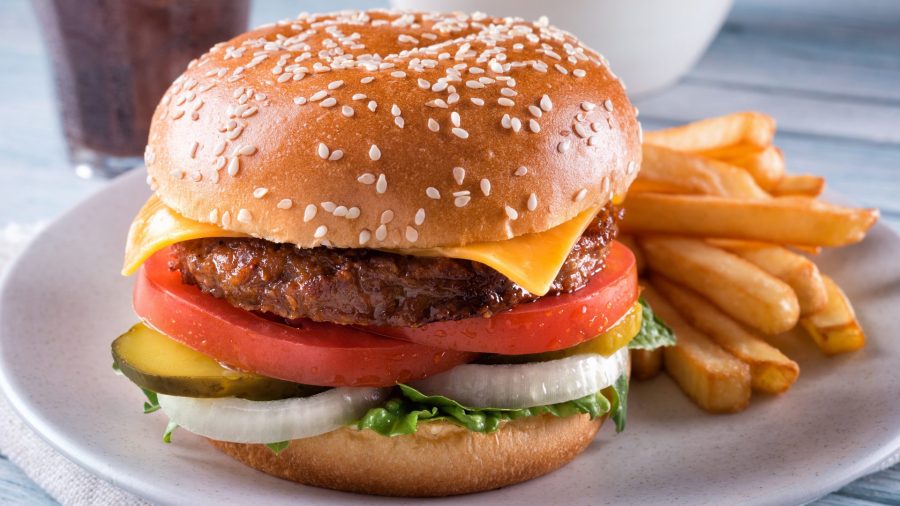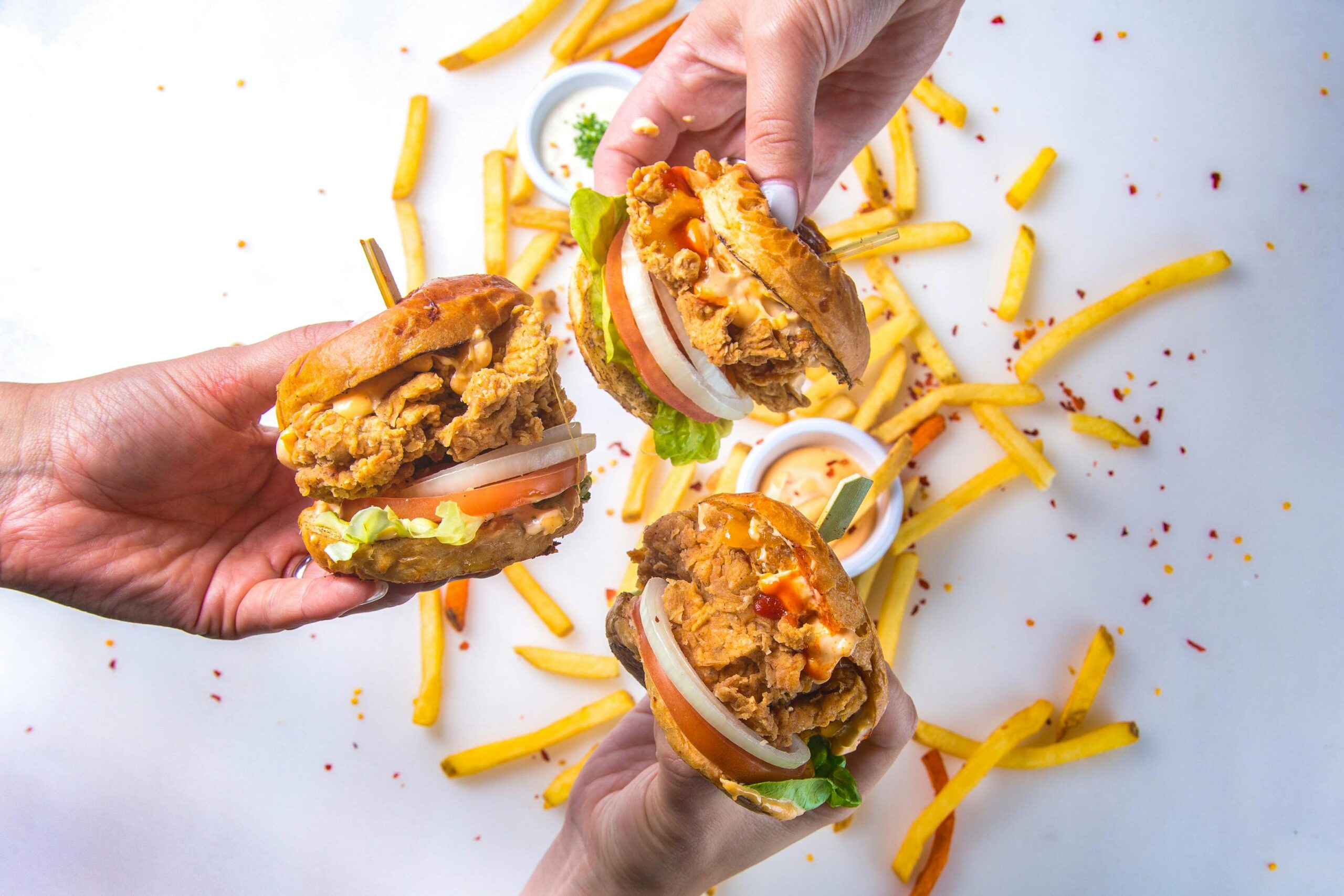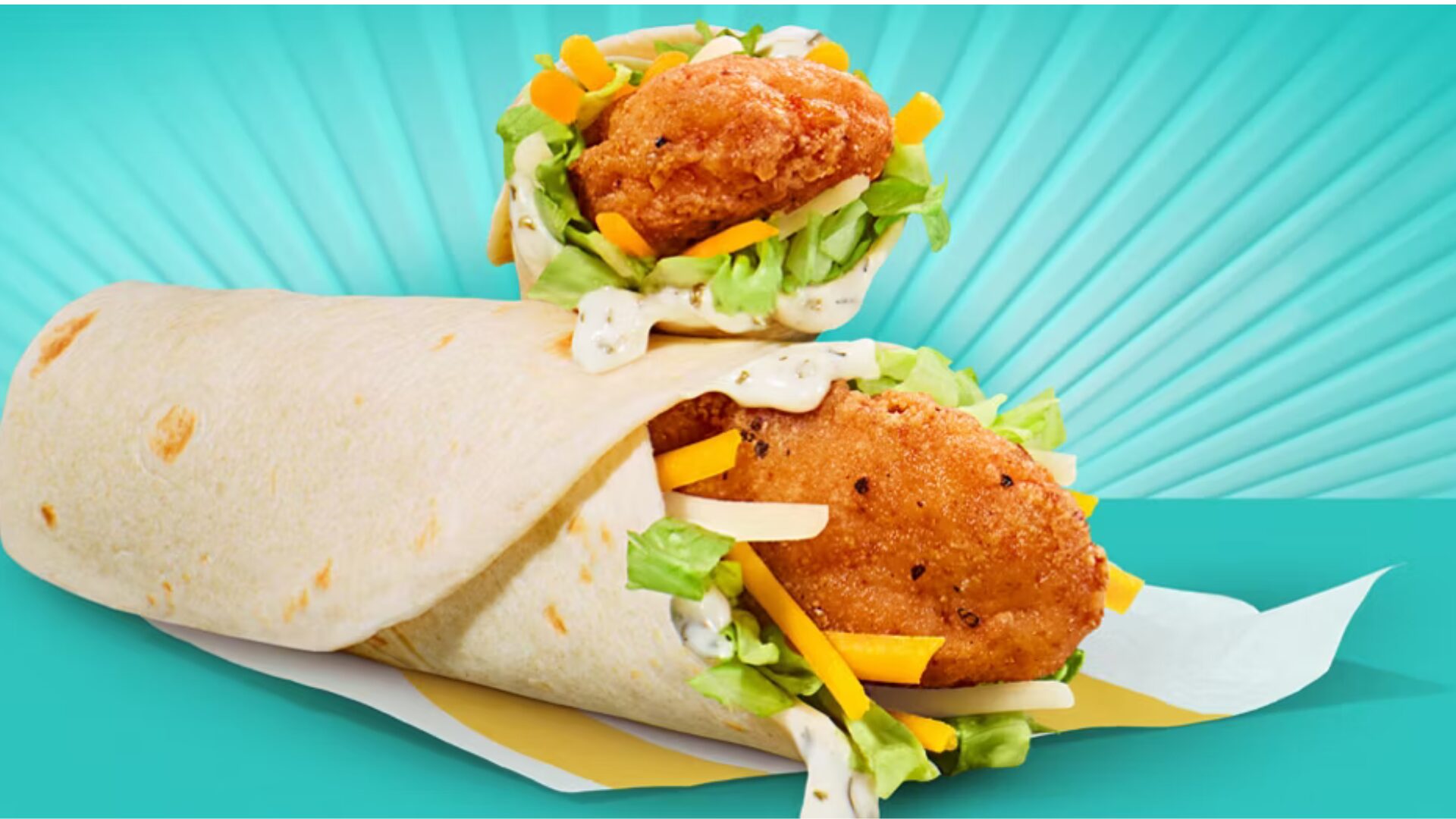Plant-based offerings continue to expand across restaurant menus, as major players like Impossible Foods and Beyond Meat broaden their partnerships with fast-food chains.
McDonald’s recently announced plans for a major U.S. expansion of its plant-based burger the “McPlant” with Beyond, following in the footsteps of Burger King’s Impossible Whopper, which launched in 2019.
The companies began testing the alternative patty in eight locations in November and sold enough McPlants — as many as 70 per day at some locations — to warrant an expansion of the trial, reported Reuters (Dec 14). Notably, the locations were in small and mid-tier markets where one would not expect to find a high volume of early adopter plant-based consumers, Mission: Plant founder and managing director David Benzaquen told The Food Institute.
“Increased availability of [the McPlant] not only helps McDonald’s but also normalizes the idea that eating plant-based meatless products can be a part of everyone’s life,” said Benzaquen. “Just like the success of both Coca-Cola and Pepsi in the “cola wars,” this expansion is sure to benefit McDonald’s and Burger King.”
Target Consumers
According to McDonald’s website, the McPlant is topped with traditional veggies and condiments — including lettuce, tomato, onions, and pickle — along with dairy-based mayo and American cheese. The patty is also cooked on the same grill as beef products, making the final burger neither vegan nor 100% vegetarian.
Accordingly, the McPlant is expected to appeal more to flexitarian consumers, Marie Molde, a registered dietician at Datassential, told The Food Institute.
“Flexitarians don’t want to eliminate meat from their diets but simply eat less meat and more plant-based foods,” said Molde. “This represents about 25% of the population and includes a consumer who may visit McDonald’s for a quarter-pounder one day, and a McPlant the next.”
The environmental benefits are also a key selling point.
“A majority of consumers believe plant-based foods are better for the planet than meat,” said Molde. “Millennials especially believe that reducing meat and increasing plant-based consumption is better for our environment.”
Meeting Expectations
While the Beyond/McPlant trial performance drew parallels to the Impossible Whopper, Molde views the rollout less as a competition and more a reflection on consumers’ growing expectation for more plant-based options on restaurant menus.
“Today, 71% of Americans have tried at least one type of plant-based meat alternative and Impossible and Beyond have paved the way,” said Molde.
However, for some consumers, there are some nutritional differences that could make one plant-based brand more attractive than the other.
“Impossible was not gluten free until a reformulation in 2019, and Impossible is still made with soy which can be an ingredient of concern for some,” said Molde.
Categories to Watch
Plant-based meat has come a long way since David Chang added the first Impossible Burger to his menu at Momofuku in 2016, said Molde. Alternatives keep popping up in new categories — from seafood to cured meats like pepperoni and corned beef.
Although consumers eat cold cut sandwiches much more often than burgers, Benzaquen notes that plant-based innovation has largely overlooked deli meats.
“In the U.S., there are nearly 24,000 Subway sandwich shops, but only 21,000 locations of Burger King and McDonald’s combined,” said Benzaquen. “I expect [plant-based cold cuts] to be a huge market in the coming 12 to 24 months.”
Plant-based chicken has considerable potential as well, added Molde. “Chicken is found on 95% of restaurant menus, is America’s most consumed food — according to Datassential’s FLAVOR database — and is globally popular.”
KFC began piloting plant-based fried chicken with Beyond in 2019, well ahead of the company’s formation of a global strategic partnership with Yum! Brands in early 2021. In October, Burger King became the first quick-service restaurant to test Impossible Food’s chicken nuggets.
“I’m also excited about innovation with whole food plant-based foods, like fruits, vegetables, seeds and legumes,” said Molde. “These are the items that consumers most want to increase in their diet and operators are responding with innovations like mushroom shawarma and beet burgers.”












